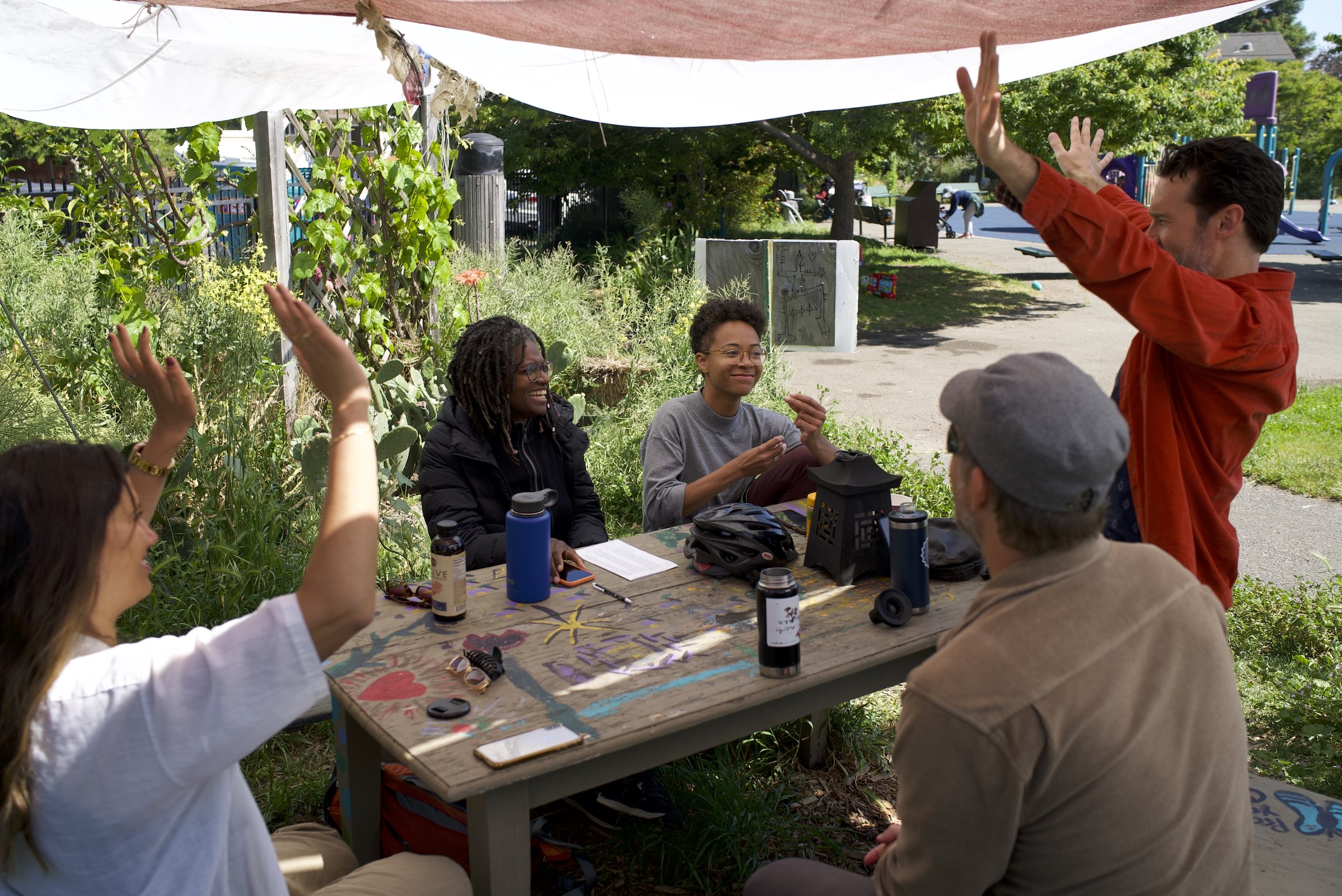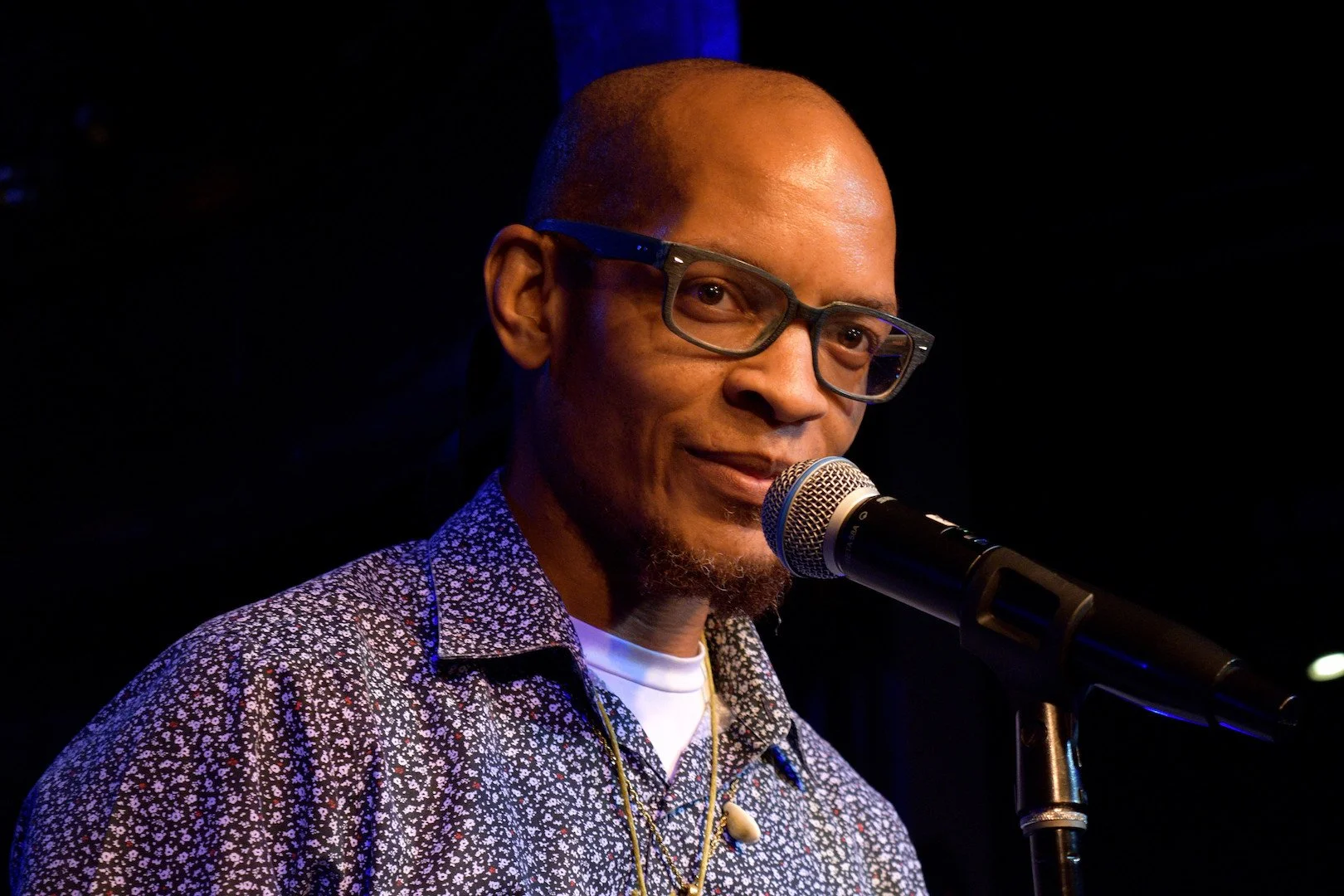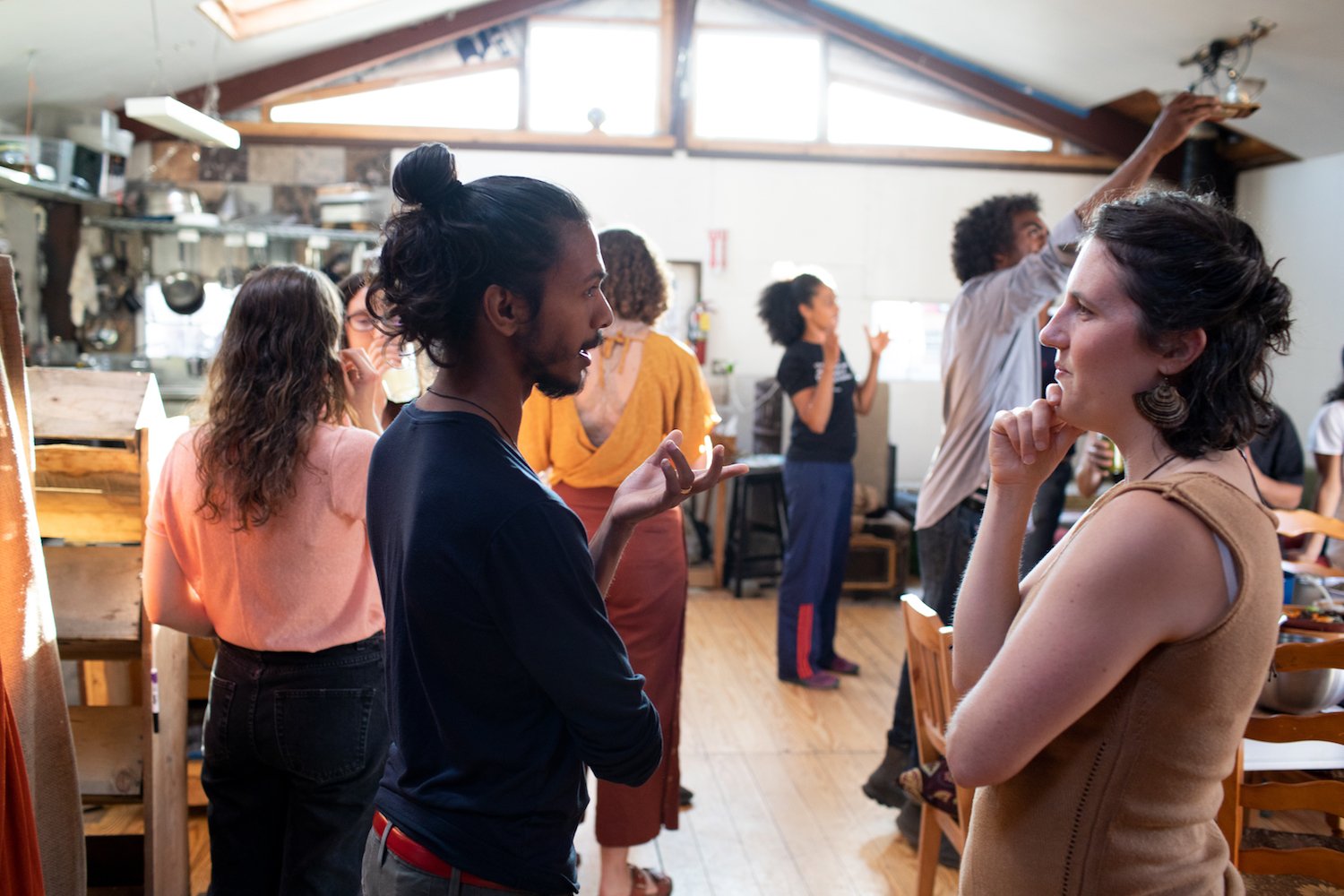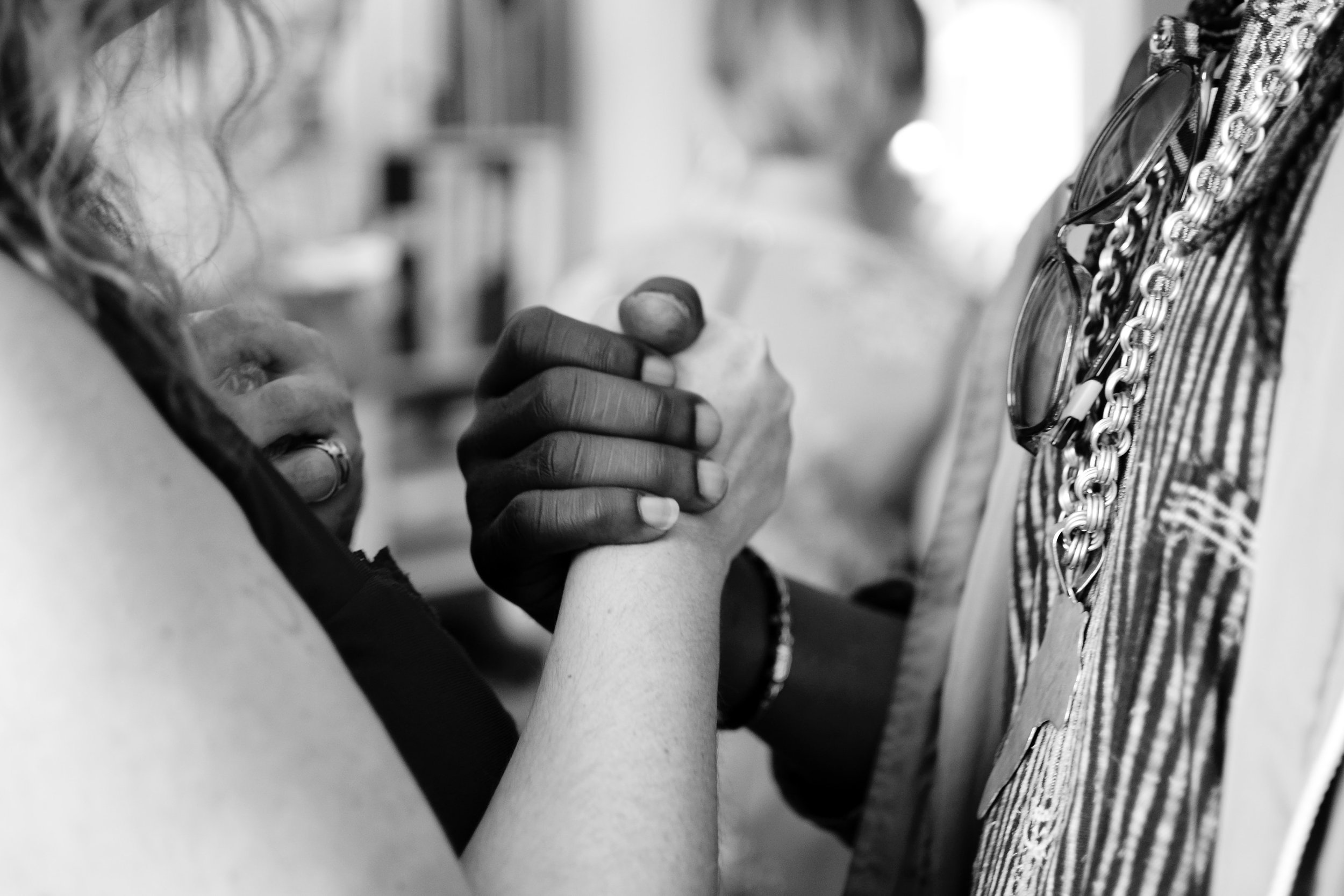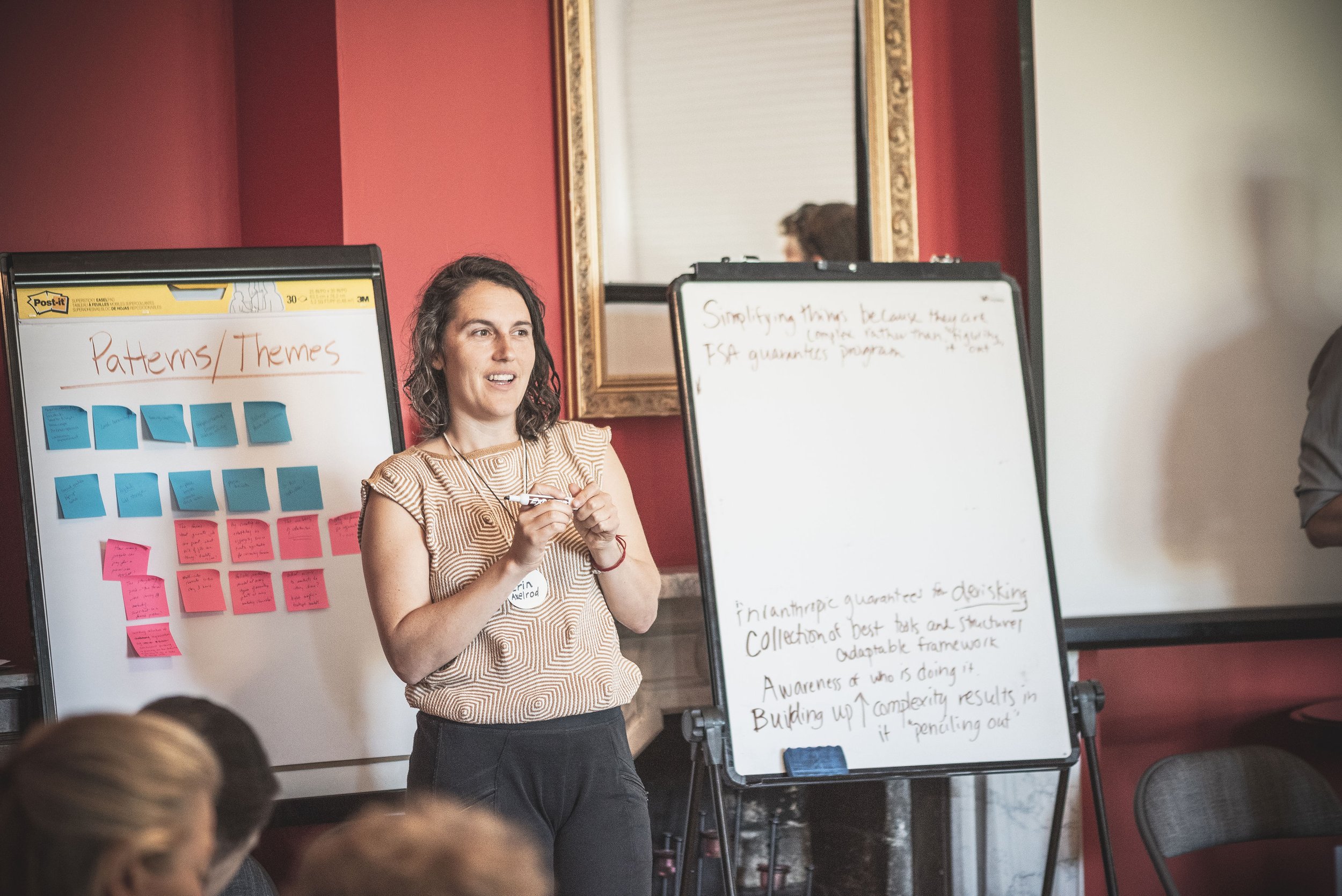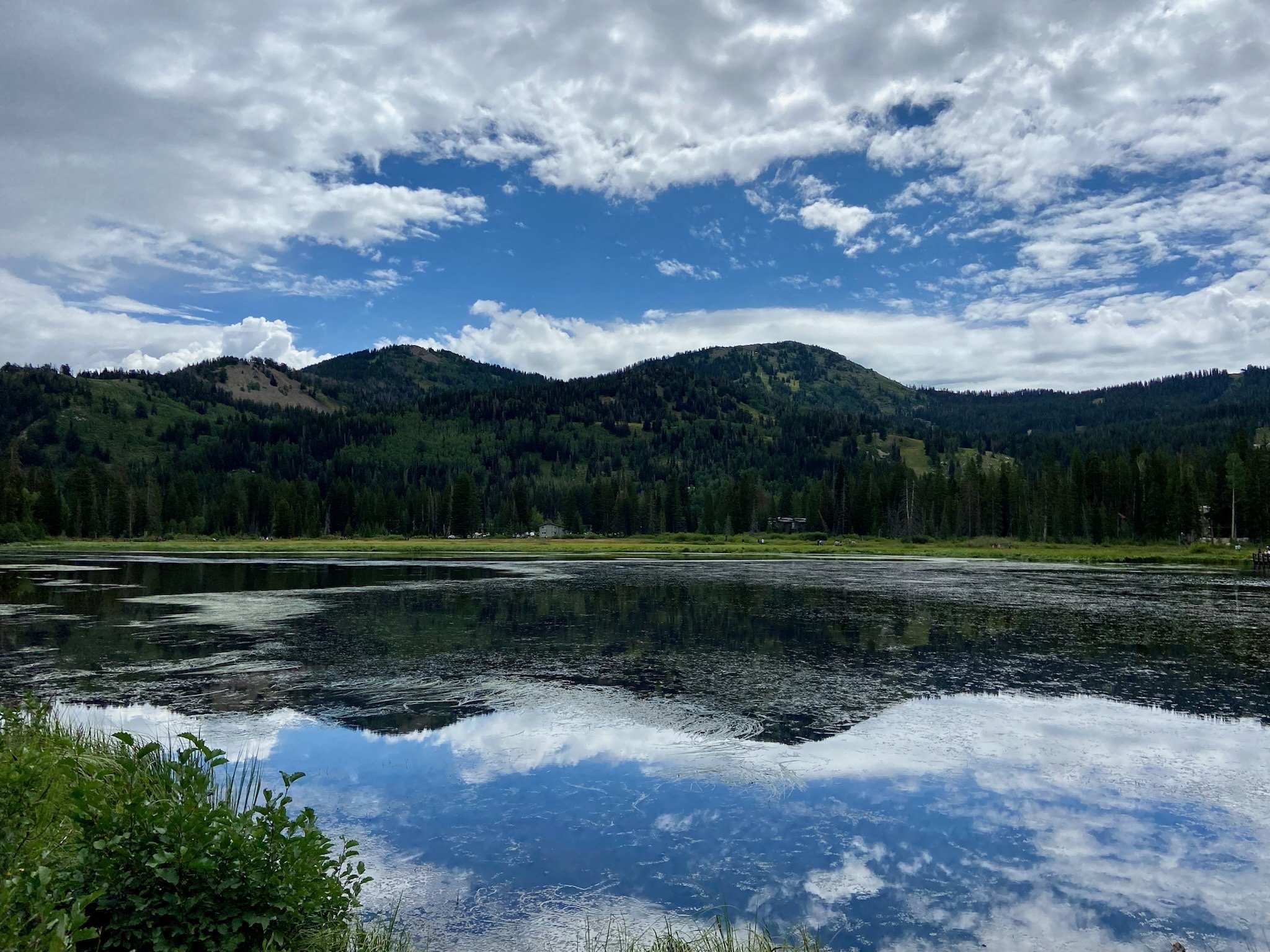Subscribe to Next Economy Now on Apple Podcasts, Spotify, Pandora, Google Podcasts, YouTube, or wherever you find your podcasts.
Finding solutions to the environmental and social issues that we currently face is something that we should be addressing together, as a global community. Another important aspect in this charge is the need to prioritize those who are most affected, and it is with these problems that Karla Brollier is most concerned. Karla is the Founder and Director of the Climate Justice Initiative, the Founder and Senior Consultant at Saghani Consulting, and her most recent work sees her stepping into the impact investing space.
In our conversation with Karla, which forms part of our ongoing MBA Series, we talk to her about her traditional upbringing in Alaska, the different organizations she is so deeply invested in, how she goes about fundraising, and a lot more. Karla's commitment to policy change, rethinking economic models, and achieving environmental justice is massively inspiring, with her systemic approach to climate issues providing much-needed depth to our understanding of how to tackle them.
Karla talks about how we can truly bolster the livelihoods of indigenous communities, the challenges that seem to continually face philanthropic work, facilitating a participatory approach to change, and why she feels policy is the fundamental route to progress. Listeners can expect to come away with a fresh injection of hope and truth-telling, from someone who is living out their values in a truly active and effective way.
---
Key Points From This Episode:
Karla shares her 'why' and the reasons for her steadfast focus on climate change. [0:03:44]
A little about what the Climate Justice Initiative does and the impetus and process of its founding. [0:05:50]
The project at Saghani Consulting and how they approach issues of representation and policy. [0:08:56]
Unpacking the funding process of a recent Saghani project based in Alaska. [0:12:41]
Building trust within communities and repairing complex social relations. [0:16:08]
Karla explains her involvement in The Share Fund, and its adherence to the trust-based model of philanthropy. [0:17:20]
Impact investment funds and the private sector; the next chapter in Karla's work. [0:26:28]
Personal challenges that Karla is currently experiencing with regard to the realities of climate change. [0:32:01]
Karla's advice about prioritizing equality in different spaces. [0:35:40]
The global need to address the varied environmental justice issues. [0:38:49]
---
Tweetables:
“I am from the Arctic, born and raised in an indigenous community, and grew up in a very traditional lifestyle, understanding the deep connection of the environmental world.” — @klbrollier [0:04:00]
“It just came down to giving people money. It was actually a lot easier than we thought it was going to be. If you just give people money, then they do the amazing things they want to do, and you just trust that they are going to do it, and they do.” — @klbrollier [0:22:37]
“There is a complete lack of any kind of funding for indigenous women to be able to invest in companies like this, and this is something that really needs to be addressed.” — @klbrollier [0:28:38]
“Indigenous people know climate change, and they also inherently know a lot of the solutions to it too.” — @klbrollier [0:28:54]
“It's a really interesting space to hold, this nexus of understanding that the entire world that you grew up in and where your whole family is, is shifting, and there's really nothing you can do about it.” — @klbrollier [0:32:29]
---
Links Mentioned in Today’s Episode:
Karla Brollier on Twitter— https://twitter.com/klbrollier
Climate Justice Initiative — https://climatejusticeinitiative.org/
Climate Reality Project — https://www.climaterealityproject.org/
Saghani — https://www.saghani.com/
The Share Fund — https://thesharefund.org/
Berrett Koehler Publishers — https://ideas.bkconnection.com/
Kevin Bayuk — https://www.lifteconomy.com/blog/tag/Kevin+Bayuk
---
LIFT Economy Newsletter
Join 8,000+ subscribers and get our free 60-point business design checklist—plus monthly tips, advice, and resources to help you build the Next Economy: https://lifteconomy.com/newsletter
---
Next Economy MBA
This episode is brought to you by the Next Economy MBA.
What would a business education look like if it was completely redesigned for the benefit of all life? This is why the team at LIFT Economy created the Next Economy MBA (https://lifteconomy.com/mba).
The Next Economy MBA is a nine month online course for folks who want to learn key business fundamentals (e.g., vision, culture, strategy, and operations) from an equitable, inclusive, and regenerative perspective.
Join the growing network of 350+ alumni who have been exposed to new solutions, learned essential business skills, and joined a lifelong peer group that is catalyzing a global shift towards an economy that works for all life.
Learn more at https://lifteconomy.com/mba.
---
Show Notes + Other Links
For detailed show notes and interviews with past guests, please visit https://lifteconomy.com/podcast.
If you enjoy the podcast, would you please consider leaving a short review on Apple Podcasts/iTunes? It really helps expose these ideas to new listeners: https://bit.ly/nexteconomynow
Twitter: https://twitter.com/LIFTEconomy
Instagram: https://instagram.com/lifteconomy/
Facebook: https://facebook.com/LIFTEconomy/
YouTube: https://youtube.com/c/Lifteconomy
Music by Chris Zabriskie: https://chriszabriskie.com/



